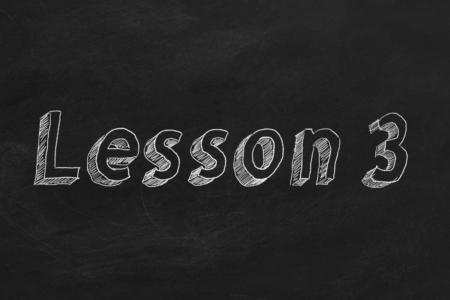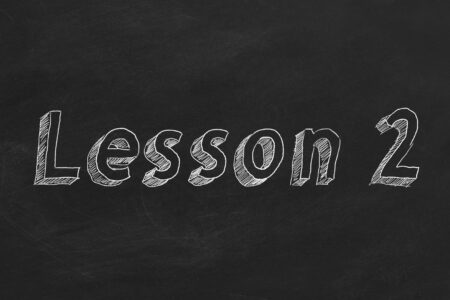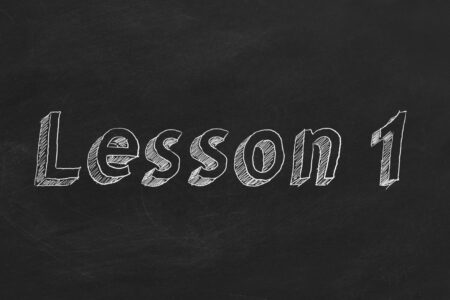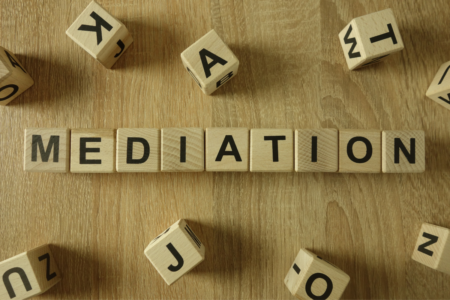Psychological winds swirl around the room you may sense but cannot see.
Behavioral economics is the science of how decisions made by individuals and companies are influenced by psychological, emotional, cultural and social factors. Underpinning this discipline is the recognition people do not follow the strict rules of rational decision making and employ cognitive shortcuts called heuristics that sometimes results in bad decisions. Michael Lewis explores this fascinating topic in The Undoing Project, and several articles have since explored how heuristics influence mediation. To save you the time of a deep dive, we dip your toe in the water here.
- Planning Fallacy – The tendency of attorneys to underestimate the time and costs of getting to final judgment. Mediator Solution: Ask counsel to identify similar prior cases, determine total fees and time, and consider why the present case might be different.
- Advocacy Bias – The skewed perception of information to reinforce beliefs supportive of a case and minimize contrary beliefs. Mediator Solution: Prompt counsel to challenge assumptions, obtain opinions from objective third parties, and mediate early in a dispute before beliefs become convictions.
- Reactive Devaluation – Discounting ideas because of general distrust for the adversary. Mediator Solution: Convey information to counsel without attribution to the adversarial source where possible.
- Anchoring – Early exposure to high or low numbers can subtly influence a person’s view of case value. This is one reason why plaintiffs always start far above their desired settlement amount and defendants start so much lower than what they are willing to pay. Mediator Solution – Encourage the parties to begin with a demand or offer that is realistic and reasonable, explaining this will engender good faith and embolden the receiving party to reciprocate. In other words, the bigger step one side takes toward the opposition, the bigger step back toward them they can expect.
- Loss Aversion – This might be the most important concept to understand. Losses loom larger than gains, meaning a defendant is more likely to opt for trial to avoid the certain loss of a settlement, and a plaintiff is more likely to opt for settlement to avoid the risk of losing at trial. Mediator Solution: Frame settlement offers to the defense as gains. Explain to a defendant that a $500,000 settlement saves $150,000 when compared to trial exposure and costs. Frame settlement offers to plaintiffs as a sure win and trial as a big gamble. Explain the choice is either depositing guaranteed funds in a bank account in 30 days or risking a complete loss at trial or on appeal.
- Sunk-Cost Bias – Throwing good money after bad by rejecting a reasonable settlement offer to justify the original decision to litigate rather than negotiate. Mediator Solution: Explain the illogical nature of focusing on the past and refocus the conversation on future risks and costs.
Toe-dipping too shallow for you? Dive deeper here.






